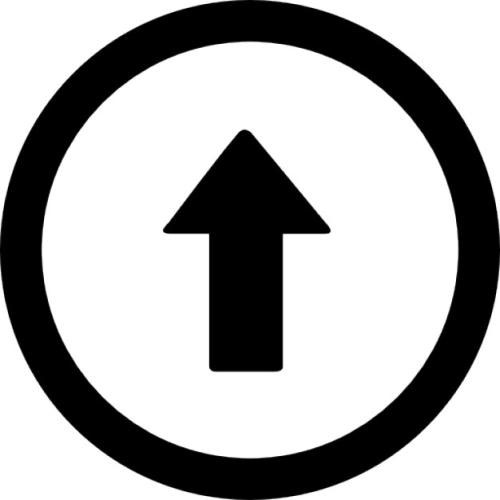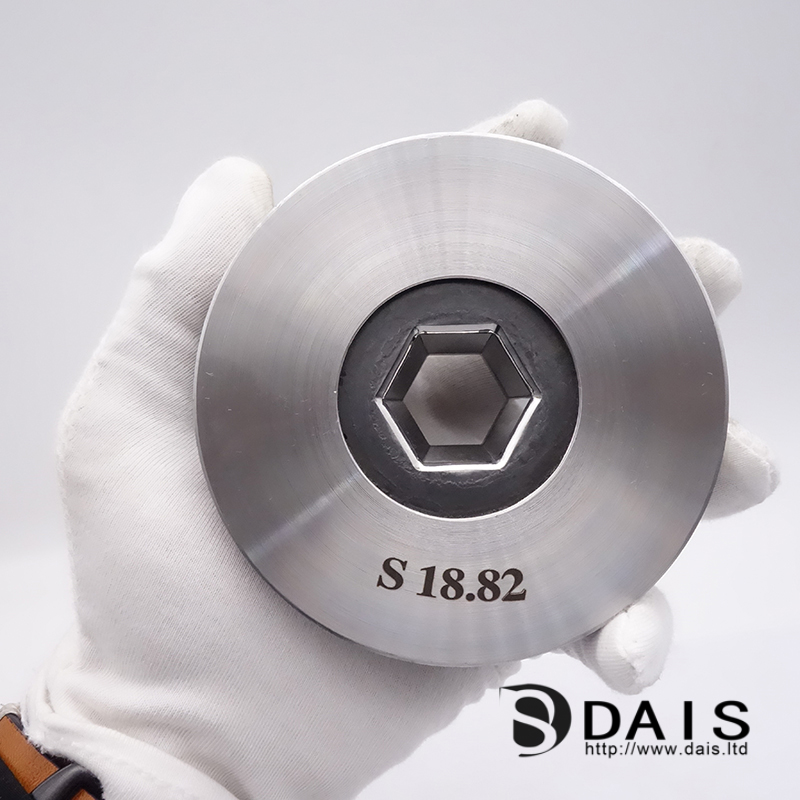Search

ADD:Building 123, Phase 3, Enterprise Base, No. 1 Lianhua Street, High-tech Industrial Development Zone, Zhengzhou, Henan, China
MOB.: +86-15517518512
MOB.: +86-15515520695
E-MAIL: admin@dais.ltd

The domestic wire drawing die blanks have the following obvious shortcomings:
①The entrance angle is small. Since the wire first contacts the die core entrance area during the drawing process, the taper angle of the entrance area is small, which not only increases the contact area between the wire and the inner hole, increases the friction force, but also hinders the introduction of lubricant, making the drawing process The lubrication effect in the medium becomes worse, which seriously affects the service life of the mold.
The entrance angle of foreign wire drawing die products is increased, which effectively avoids the abrasion between the wire and the wire drawing die, and brings in more lubricant, which enhances the lubrication effect and reduces the wear of the die core. This change improves the surface quality of the wire and also improves the service life of the wire drawing die.
②The working area is short. Compared with domestic wire drawing dies of the same specification, the working area of foreign wire drawing dies is generally much longer. A longer working area is conducive to the reduction and uniform distribution of friction in the wire drawing process, reduces the wear of the inner hole of the wire drawing die, and improves the life of the die. A longer and narrow working area can reduce the gap between the wire and the drawing die, and can force more lubricant into the middle of the wire and the inner hole under high pressure, resulting in better lubrication pressure. The temperature of the wire exiting from the inner hole is lower, the drawing force is reduced, and the metal flow is more uniform during the drawing process, which is beneficial to the improvement of the drawing speed and the improvement of the wire surface quality. In addition, this type of work area design can prevent lubricant from exiting from the inlet end of the drawing die.